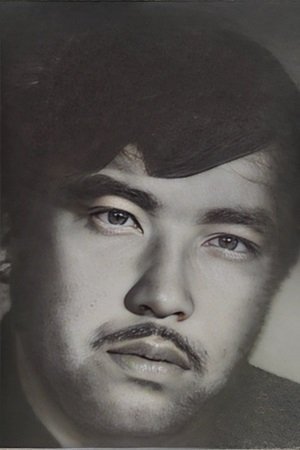

Considering that Musakov’s Abdulladzhan (1991) was dedicated to Steven Spielberg, we might suggest that these four boys embody nothing more complicated than a conflict of youthful innocence with some ominous threat—the basic workings of E.T. (1982) or War of the Worlds (2005), say. That threat, however, is best understood not through vague nationalism or warmed-over socialism, but through the other reference-point of Abdulladzhan—Tarkovskii’s Stalker (1980). Musakov leaves his boys in a simplified radiance so bright and so overexposed that it no longer looks like the skies of sunny Tashkent, but a disturbing, borderless luminosity to match the flat tonal range of Stalker’s “Zone.” Our Uzbek boys are nowhere in particular; this is a broader domain than anything international.
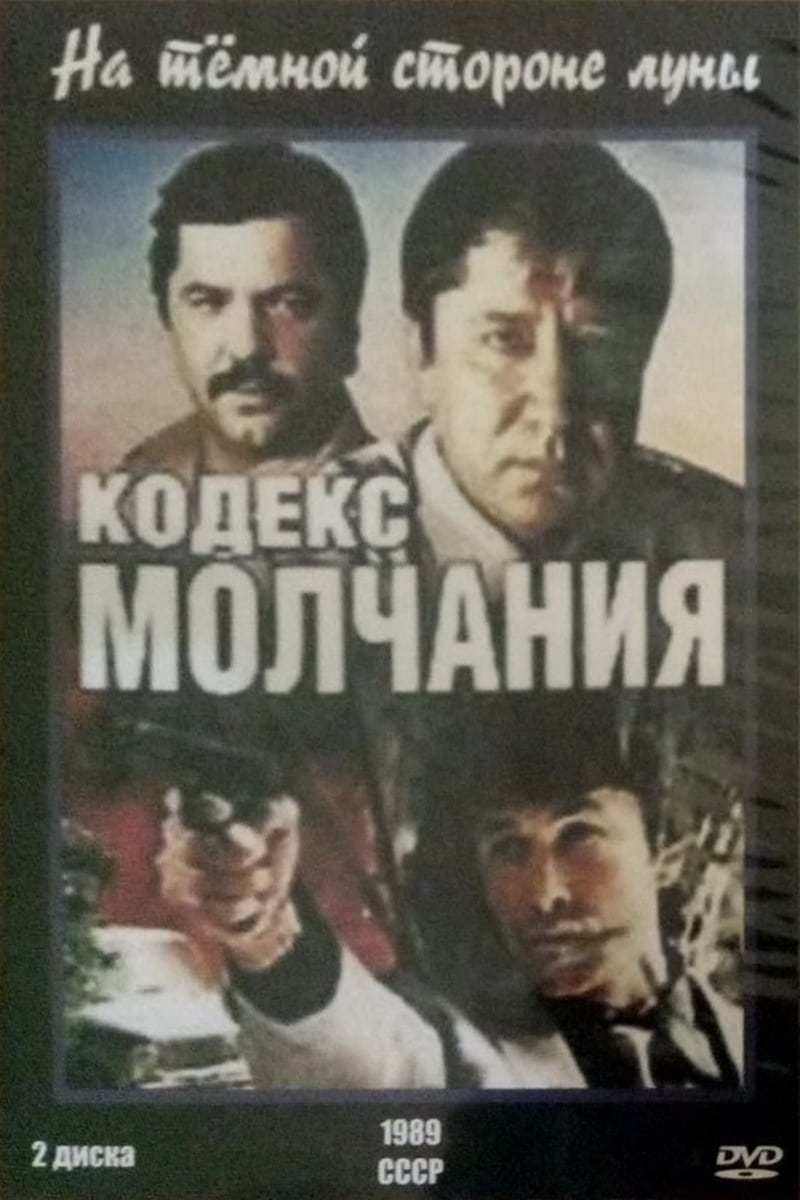
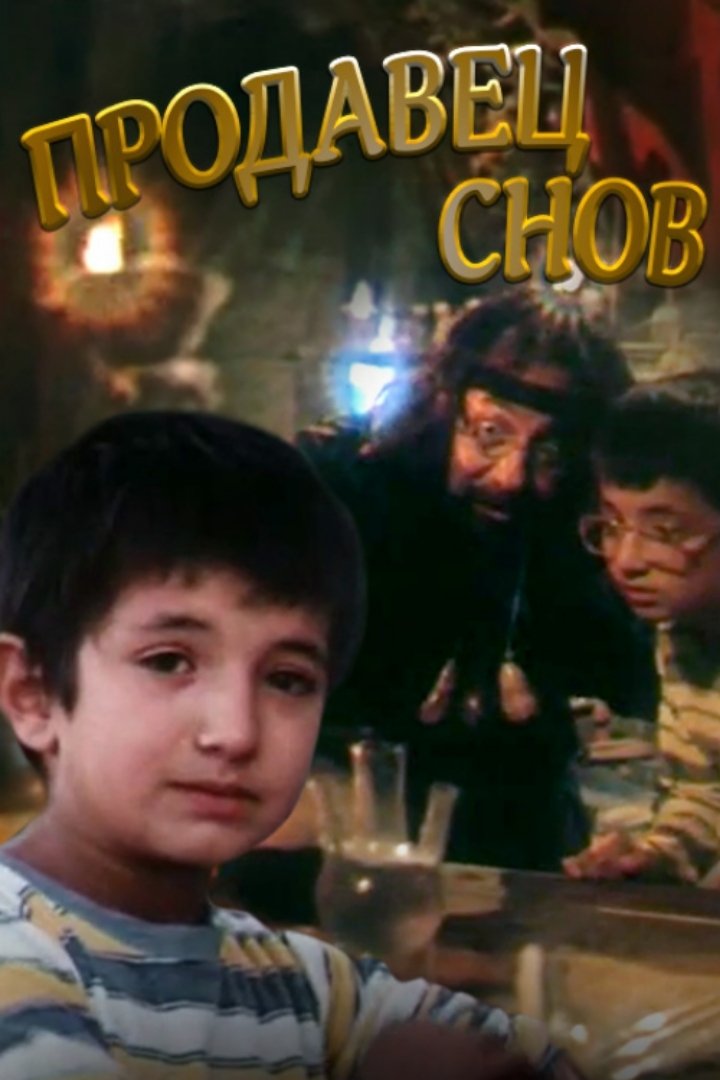
A schoolboy Karim, who is fond of electronics, unexpectedly finds himself in a fairyland, in the laboratory of the wizard Ogima, who has been looking for a capable student for a long time. Ogima comes up with dreams - sweet and funny, being sure that he is doing good for ordinary people. It turns out that more than two people need to stand in a circle around a magic mirror and hold hands — then everything you dream about will come true. But the ruler makes the last move — she has released all dreams, people can sleep for 100 years.
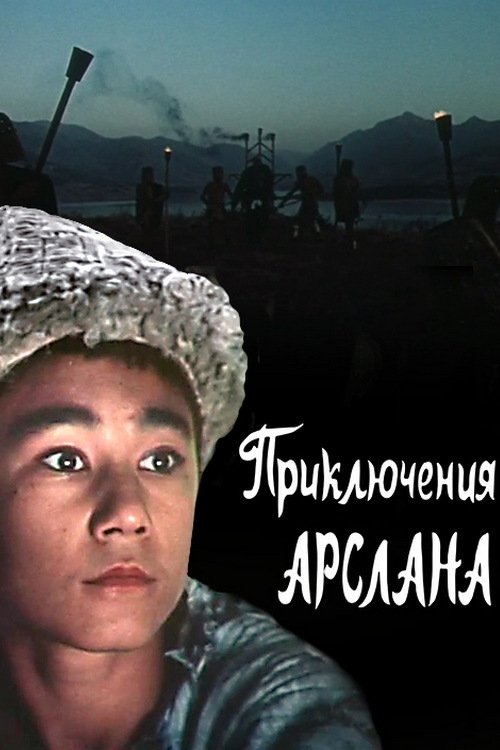
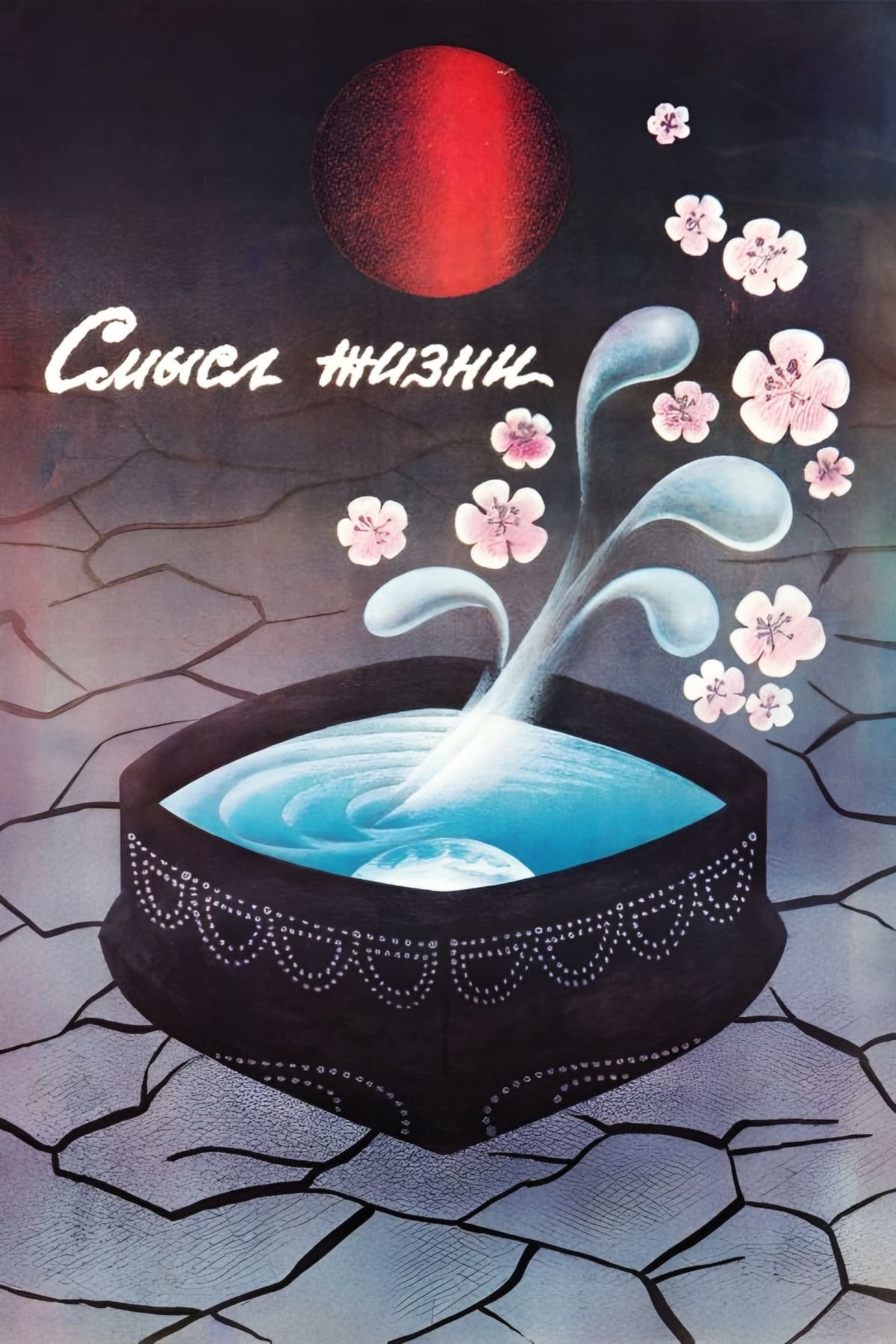
Follows the construction of the Fergana Canal, which employed 170 thousand people, and Usman Yusupov was given a very specific task - in 45 days, a 270-kilometer-long canal should provide water to the cotton fields.
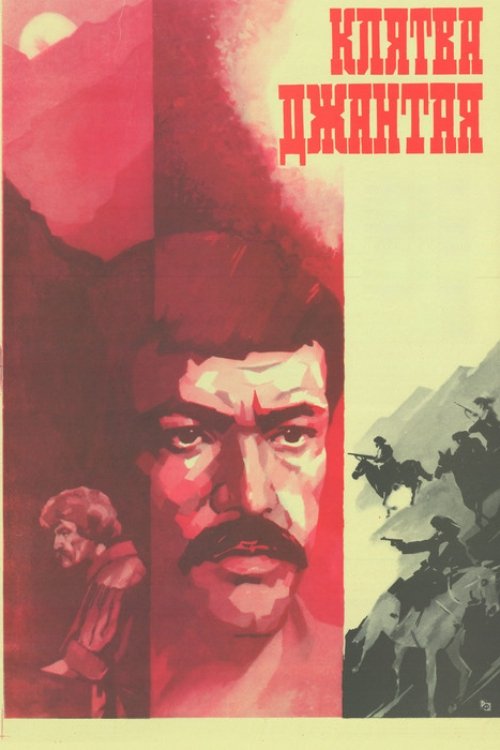
Beginning of the 1920s. Jantai and the hero Mergen, residents of one of the mountain villages in Uzbekistan, set off for Moscow to order a monument to Lenin from a capital sculptor with the money collected by the people and to bring it back to their village. They are assisted in fulfilling the order by a homeless boy named Grishka, who has joined them in the capital.
By browsing this website, you accept our cookies policy.